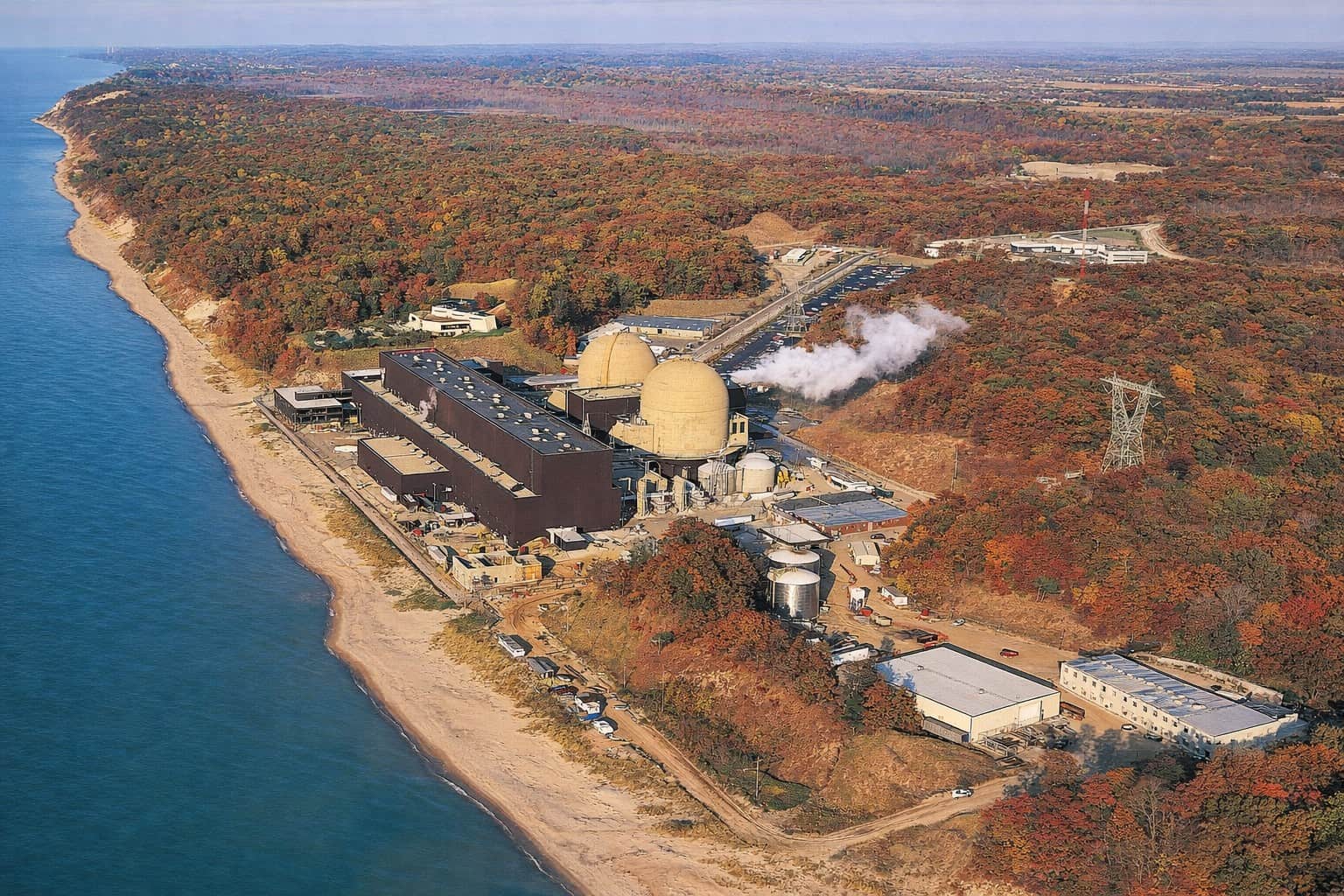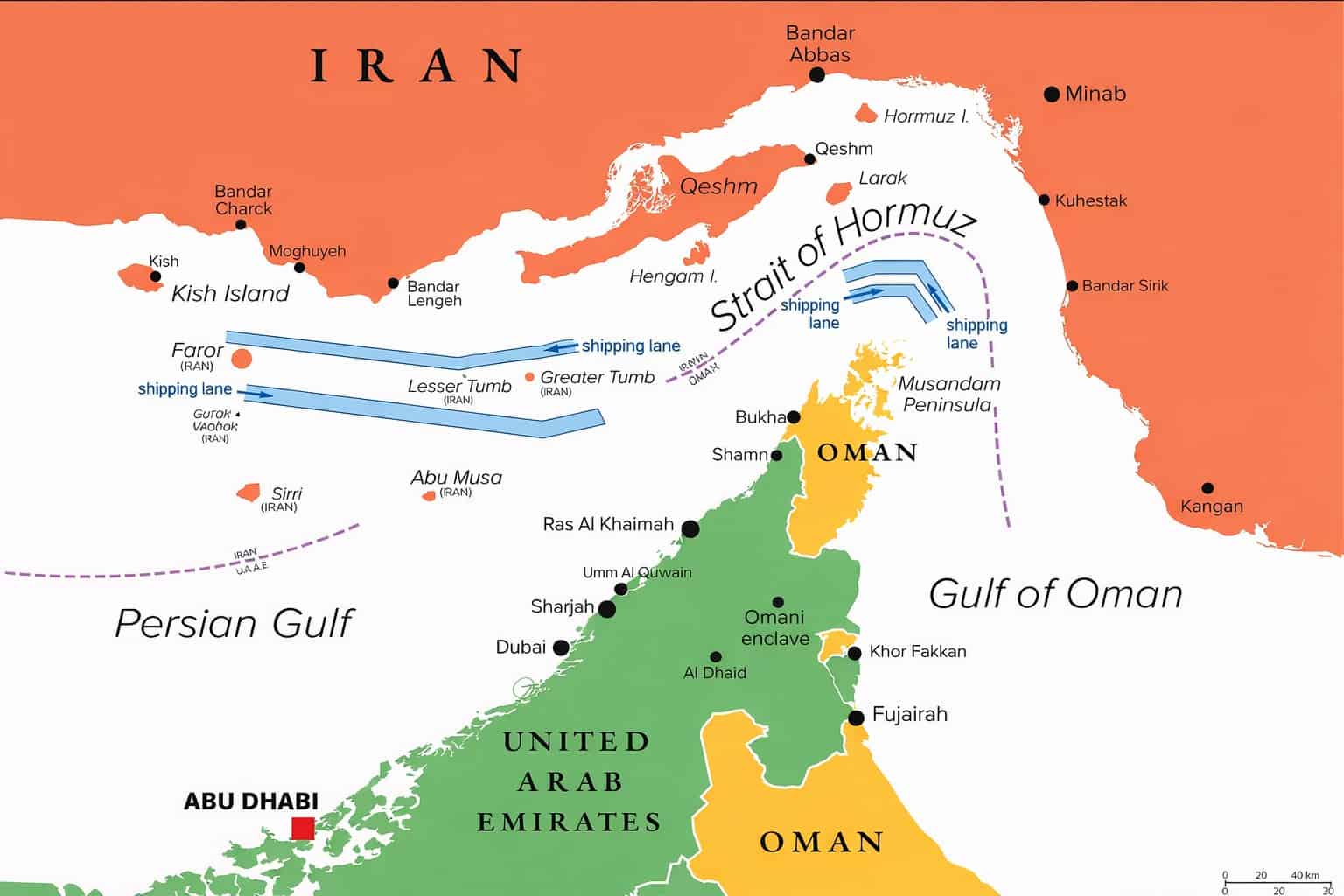NEW YORK – A particularly aggressive form of childhood cancer that forms in muscle tissue might have a new treatment option on the horizon.
Scientists have successfully induced rhabdomyosarcoma cells to transform into normal, healthy muscle cells. It’s a breakthrough that could see the development of new therapies for the cruel disease, and it could lead to similar breakthroughs for other types of human cancers.
“The cells literally turn into muscle,” says molecular biologist Christopher Vakoc of Cold Spring Harbor Laboratory.
“The tumor loses all cancer attributes. They’re switching from a cell that just wants to make more of itself to cells devoted to contraction. Because all its energy and resources are now devoted to contraction, it can’t go back to this multiplying state.”
Cancer isn’t a monolithic thing. It arises when cells from different parts of the body mutate. Rhabdomyosarcoma is a type of cancer that’s most often seen in children and adolescents. It usually starts in the skeletal muscle when cells therein mutate and start multiplying and taking over the body.
Rhabdomyosarcoma is aggressive, and often deadly; survival rates for the intermediate risk group are between 50 and 70 percent.
One treatment option that’s shown promise is called differentiation therapy. It emerged when scientists noticed that leukemia cells are not fully mature, similar to undifferentiated stem cells that haven’t yet fully developed into a specific cell type. Differentiation therapy forces those cells to continue their development and differentiate into specific mature cell types.
In previous work, Vakoc and his team effectively reversed the mutation of the cancer cells that emerge in Ewing sarcoma, another childhood cancer that usually emerges in the bones.
The researchers wanted to see if they could repeat their success with rhabdomyosarcoma, for which differentiation therapy was thought to be decades away.
To read more, click on ScienceAlert






